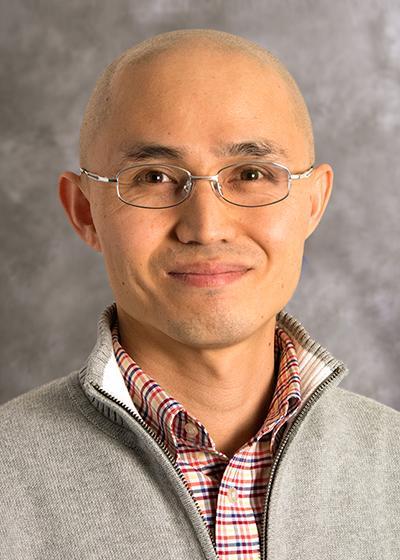Dr. Hojong Kim received his B.S in Materials Science and Engineering from Seoul National University in South Korea. He earned his Ph.D. degree in Materials Science and Engineering at MIT. His doctoral research sought to identify the corrosion mechanisms of constructional alloys in high temperature and high pressure steam environments in the Uhlig Corrosion Laboratory at MIT. After graduate research, Dr. Kim worked as a senior research engineer at Samsung-Corning Precision Glass Co. Ltd to improve the process yield for thin film transistor liquid crystal display (TFT-LCD) glass manufacturing by engineering high temperature refractory materials. After five years of industrial experience, Dr. Kim returned to MIT as a post-doctoral associate and later as a research scientist to contribute to the growing need for sustainable technology. He conducted research on high temperature electrochemical processes, including molten oxide electrolysis for carbon-free iron production and liquid metal batteries for large-scale energy storage.
This faculty member is associated with the Penn State Intercollege Graduate Degree Program (IGDP) in Materials Science and Engineering (MatSE) where a multitude of perspectives and cross-disciplinary collaboration within research is highly valued. Graduate students in the IGDP in MatSE may work with faculty members from across Penn State.
Dr. Kim’s research is motivated by the need for sustainable technology development for our modern society. The primary focus of his research lies in understanding and developing electrochemical processes to meet these needs. Electrochemical methods are critical in the evolution of technology-driven society with wide applications to energy storage and conversion systems, extraction and recycling of natural resources, and corrosion science. Furthermore, electrochemical systems offer a key to understanding fundamental thermodynamic and kinetic properties of materials and interfaces. Considering the demand for energy and resources for the current and following generations, the development of environment-friendly technologies and efficient extraction/recycling processes of resources is a requirement for a sustainable society. Thus, Dr. Kim’s research interests embrace the development of environment-friendly electrochemical processes for resource extraction/recycling, the development of corrosion-resistant materials, and energy storage systems.


